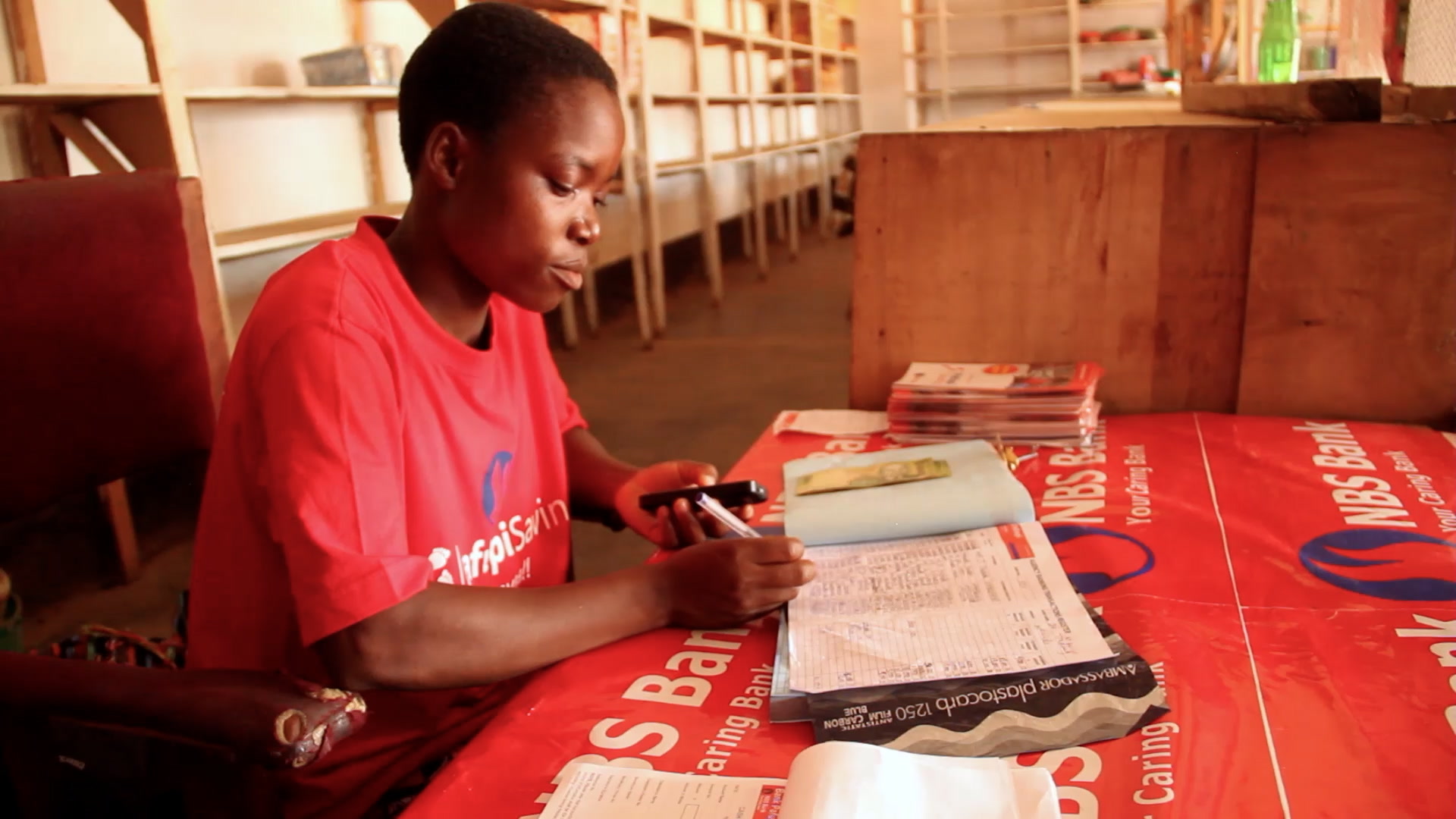How can financial systems be truly resilient?


Get involved with our crowdsourced digital platform to deliver impact at scale
Stay up to date:
Banking and Capital Markets
Isabella Reuttner, Associate Director and Editor of the Financial Development Report at the World Economic Forum, discusses the resilience of financial systems on the Forum:Blog.
This year’s theme of the World Economic Forum Annual Meeting 2013, Resilient Dynamism, may seem a little contradictory – how can anything be resilient and dynamic at the same time?
The last couple of years have certainly proven that events take place at an unparalleled speed. We only need to think back to how unimaginable a break-up of the Eurozone was five years ago and yet, for the last 12 to 18 months, this has been discussed as one of the “real” solutions to the euro crisis. We are experiencing a transformational change in our thinking of preparedness – from preparing for known events to preparing for the unknown.
Financial systems are no exception. On the one hand, they need to provide a certain degree of stability. On the other hand they also need to remain dynamic so that they can adapt to the current economic environment. The World Economic Forum’s Financial Development Report, an annual publication that measures and analyses the level of development of financial systems across more than 60 countries, highlights the importance of the various building blocks of a given financial system. The reportgroups more than 120 individual variables into pillars, which in turn can be consolidated into three broad categories:
- Factors, policies and institutions – foundational characteristics
- Financial intermediation – providers of financial services
- Financial access – access by individuals and businesses
In light of the Annual Meeting’s theme, this report is particularly valuable as it will help leaders from the private and public sector identify areas of reform in order to build resilient financial systems, in turn creating a comfort level that allows for truly dynamic growth.
The report’s findings over the past five years have shown how resilient financial systems can be. Despite experiencing a significant crisis, the US, for example, remains among the top leaders on the Financial Development Index. This shows that once the basic structures of a financial system are in place, they remain resilient. Perhaps this is not too surprising given that it takes roughly 10 years to build a fully functioning equity market.
In contrast, India rose steadily from 2009 until this year, where it dropped four places. That is not to say that India does not have areas in which it ranks very highly. For example, it performs well across all of its equity market indicators as India has a long history of equity markets and investments. However, it does highlight that all the above mentioned building blocks all need to be in place for a financial system to be truly resilient.
Author: Isabella Reuttner, Associate Director and Editor of the Financial Development Report, Financial Services Industries, World Economic Forum.
Image: Traders work at the New York stock exchange REUTERS/Brendan McDermid
Don't miss any update on this topic
Create a free account and access your personalized content collection with our latest publications and analyses.
License and Republishing
World Economic Forum articles may be republished in accordance with the Creative Commons Attribution-NonCommercial-NoDerivatives 4.0 International Public License, and in accordance with our Terms of Use.
The views expressed in this article are those of the author alone and not the World Economic Forum.
The Agenda Weekly
A weekly update of the most important issues driving the global agenda
You can unsubscribe at any time using the link in our emails. For more details, review our privacy policy.
More on Banking and Capital MarketsSee all
Efrem Garlando
April 16, 2024
John Hope Bryant
April 11, 2024
Alexandre Raffoul and Kai Keller
April 10, 2024
Alex Edmans
April 4, 2024
Victoria Masterson
March 28, 2024






